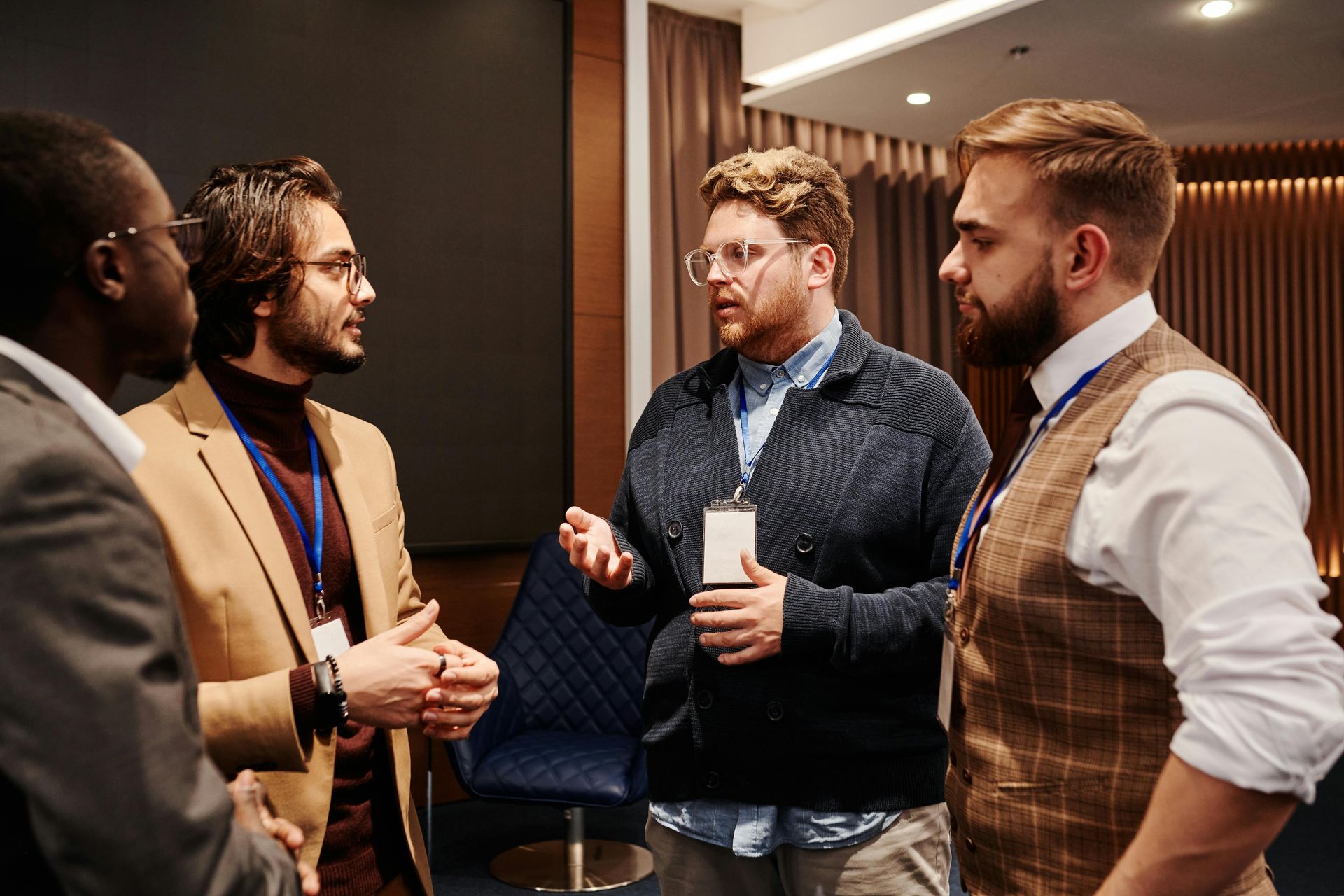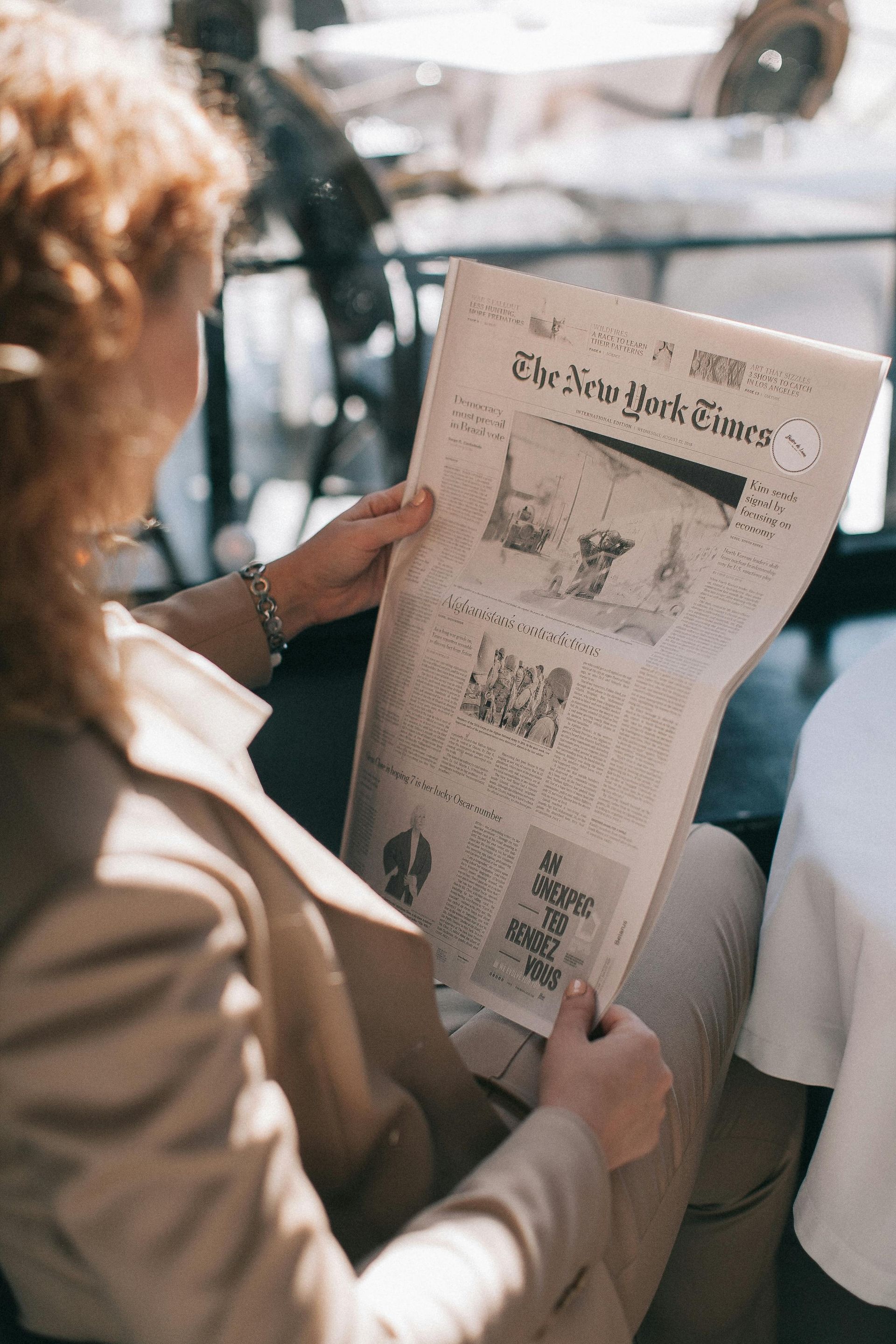Opinion | The Moral Center Is Fighting Back on Elite College Campuses
David French
The New York Times
Mon, 04/17/2023 - 12:00 pm
William Butler Yeats’s “The Second Coming” has been called the most plundered poem in the English language, and it’s easy to see why. The poem, written in the immediate aftermath of World War I and during the height of the Russian Civil War, vividly captures the feeling that events are sliding out of control. Three lines in particular resonate in troubled times. “Things fall apart; the center cannot hold,” writes Yeats. “The best lack all conviction, while the worst / Are full of passionate intensity.”
When I read these words, dramatic, violent events come first to mind. The Capitol insurrection on Jan. 6 is a prime example of the “passionate intensity” of one of the worst movements in American life. With each mass shooting, I think, “Things fall apart.”
But there are other ways in which the center finds itself under siege. The extremist attack on free speech (from right and left) degrades American democracy, and that attack is especially acute on college campuses, whether it comes from angry left-wing students who shout down conservative speakers, vengeful right-wing legislators who pass laws restricting free expression in the academy or the online activism that often demands that universities discipline scholars for engaging in provocative (but constitutionally protected) speech.
I’ve never interpreted the center in Yeats’s poem to mean something like a politically moderate middle but rather a moral foundation, the ideological core of a nation and its people. The United States is certainly a nation built through raw power, as so many nations are, but at its best, it’s also built around a series of ideas, a declaration that its center requires, at a bare minimum, the promises of the Bill of Rights, including freedom of speech.
This isn’t a column about doom, however, but rather about hope. There is no question that the worst are still “full of passionate intensity,” and we do live in a precarious place in our national life. But there are also some signs that the center is fighting back on some of the most elite campuses in the country, that some of the “best” still do, in fact, possess the necessary convictions. I litigated free speech issues on college campuses for almost 20 years, and I’ve never seen such widespread, institutional academic support for free expression.
Let’s take Stanford University, for example. In the days and weeks since law students shouted down and disrupted a speech by a federal judge, the center has taken a stand. The dean of Stanford Law School, Jenny Martinez, penned a powerful, 10-page memorandum that mandated a half-day of instruction on free speech and legal norms, reaffirmed the school’s dedication to the Stanford Statement on Academic Freedom and declared: “Unless we recognize that student members of the Federalist Society and other conservatives have the same right to express their views free of coercion, we cannot live up to this commitment nor can we claim that we are fostering an inclusive environment for all students.”
Then there’s Cornell University. In March, the school’s undergraduate student assembly unanimously approved a resolution calling for trigger warnings in syllabuses to warn students of “graphic traumatic content” in course content. Cornell’s president, Martha E. Pollack, promptly vetoed it.
In a joint letter with Cornell’s provost, Michael I. Kotlikoff, she explained that the trigger warning policy “would violate our faculty’s fundamental right to determine what and how to teach, preventing them from adding, throughout the semester, any content that any student might find upsetting.” Moreover, the letter said, the policy would “have a chilling effect on faculty, who would naturally fear censure lest they bring a discussion spontaneously into new and challenging territory, or fail to accurately anticipate students’ reaction to a topic or idea.”
The faculty at Harvard University is also stepping up. In an opinion essay in The Boston Globe, Harvard’s Steven Pinker and Bertha Madras announced the creation of the Council on Academic Freedom, a coalition of 50 faculty members and several other Harvard employees “devoted to free inquiry, intellectual diversity and civil discourse.”
On Monday, Vanderbilt University will announce the expansion of its Future of Free Speech Project, run with Denmark’s Aarhus University and the think tank Justitia, which will include an international focus on free expression. I spoke to the project’s executive director, Jacob Mchangama, and he emphasized that American support for free speech can have a global impact in combating tyranny. He pointed to a piece he wrote in Foreign Policy noting that American legal standards have influenced foreign courts, specifically by enhancing press freedom. In our conversation, he made a point that’s critical in contemporary debates. “Free speech and equality,” he said, “are mutually reinforcing, not mutually exclusive.”
That’s four elite American academic institutions that have doubled down on free speech in just one month.
And we cannot forget the University of Chicago. Since 2014, it’s arguably been the single most influential academic institution in the United States supporting academic freedom. Its statement on free speech declares the “university’s fundamental commitment is to the principle that debate or deliberation may not be suppressed because the ideas put forth are thought by some or even by most members of the university community to be offensive, unwise, immoral or wrongheaded.” A version of the Chicago statement has been adopted by almost 100 colleges, universities and state university systems, including Princeton University, Johns Hopkins University and the North Carolina and Wisconsin state university systems.
I share this not to declare that the battle for free speech on campus is won. Far from it. The Stanford statement was in response to a student disruption. This month, the former N.C.A.A. swimmer Riley Gaines alleged she was assaulted after speaking at San Francisco State University in opposition to transgender women competing in women’s sports. There’s video evidence that Gaines was chased through the halls by angry protesters and that her event was disrupted by chanting, foot-stomping protests.
And disruptions like those we witnessed at Stanford and San Francisco State have occurred alongside hundreds of recent attempts to fire or punish scholars for speech that’s protected by the First Amendment or basic principles of academic freedom.
It’s important to emphasize that the fight over free speech on campus is not left versus right. Attempts to suppress ideas and stifle speech come from both ends of the political spectrum. The faculty and administrators at Stanford, Cornell, Harvard and Chicago who are making their stands aren’t a collection of conservatives taking on woke college students. Instead, they represent the moral and legal center of the American academy taking on the extremes.
Left and right tend to challenge free speech on campus in different ways. Left-leaning students have led shout-downs and disrupted events, while right-leaning legislators have passed or considered laws stifling the expression of controversial ideas about race and gender. Both sides have proved capable of mobilizing online outrage to punish professors who offend their constituencies.
The First Amendment cannot be tied to one side of our partisan divide. It’s not a Republican value or a Democratic value but rather an American value, and it’s a value that’s particularly important in the academy.
In 1957, during a previous wave of censorship aimed at eliminating “subversive” people from public employment, the Supreme Court issued its most ringing declaration of support for academic freedom: “Scholarship cannot flourish in an atmosphere of suspicion and distrust. Teachers and students must always remain free to inquire, to study and to evaluate, to gain new maturity and understanding; otherwise, our civilization will stagnate and die.”
This language might seem dramatic, but it’s true. Free speech is indispensable to the American idea. It protects us from tyranny more thoroughly and effectively than any other constitutional right. As Frederick Douglass proclaimed after his own brush with mob censorship, “Liberty is meaningless where the right to utter one’s thoughts and opinions has ceased to exist.”
America’s most elite academic institutions can, in fact, demonstrate conviction. The “passionate intensity” of the extremes remains, but the center can hold. Douglass was correct. Free speech is the “dread of tyrants,” and sustaining that freedom — against left-wing protests and right-wing lawmakers — will preserve America’s democratic experiment. There is no path to American equality or justice absent the freedom of speech.
The Times is committed to publishing a diversity of letters to the editor. We’d like to hear what you think about this or any of our articles. Here are some tips. And here’s our email: letters@nytimes.com.
https://silk-news.com/2023/04/17/opinion/opinion-the-moral-center-is-fighting-b…



